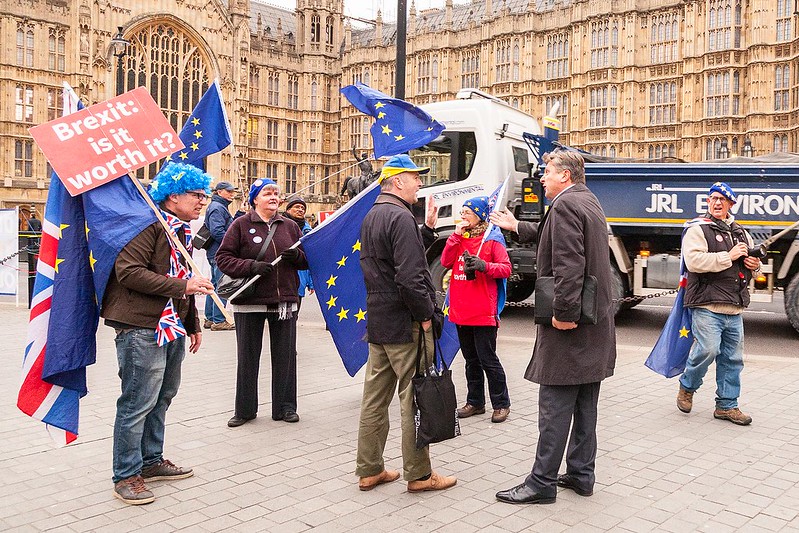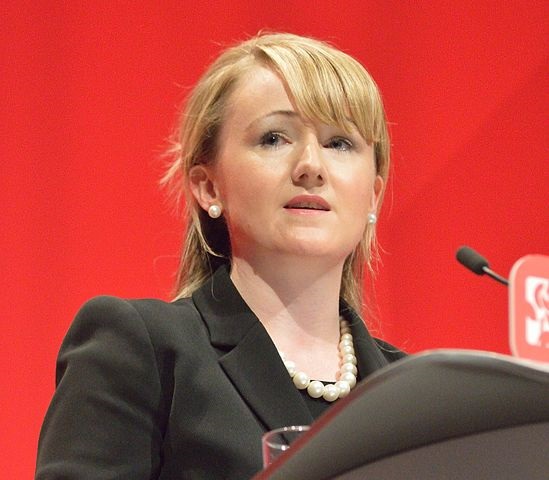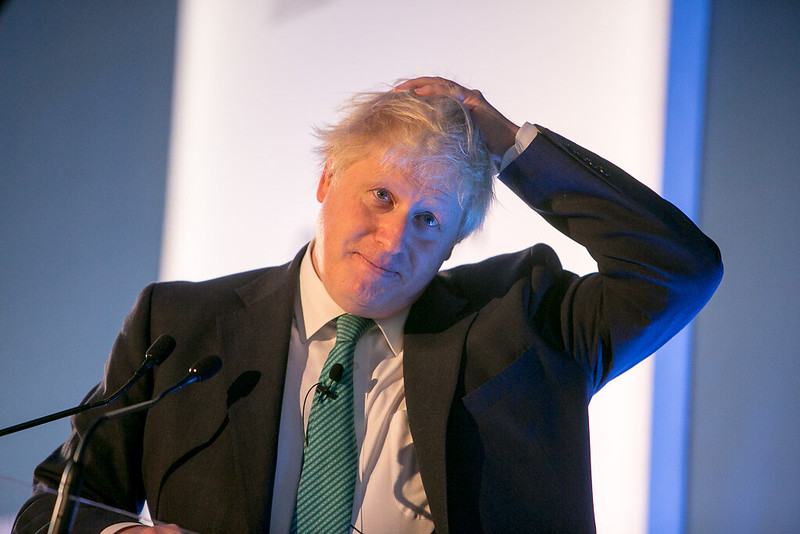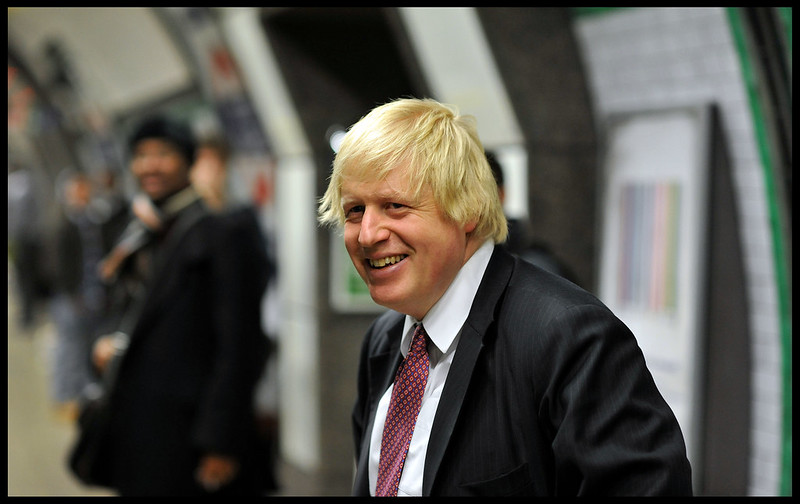22 May 2019 | OPINION
Apologies Brenda from Bristol, but the country should go to the polls once again. Slowly but surely, a public vote is making logical sense. Parliament is in a logjam; the cross-party talks between the Government and Opposition are simply an exercise in ‘kicking the can’ down the road; not to mention, the widening disconnect between the electors and parliamentarians.
A recent report in the Sunday Telegraph suggested that the Prime Minister was contemplating a three-way referendum as a contingency plan in the event of the cross-party talks with Labour failing. In the article, it was reported that the options would be: Remain in the EU, leave on the Government’s terms, or leave without a withdrawal agreement.
Any three-way referendum would have to be contested under a transferable voting electoral system. Hypothetically, under first-past-the-post, Remain could poll 36%, No Deal could poll 33% and the Government’s Withdrawal Agreement could poll 31%. Not only does the Leave vote get split under a majoritarian electoral system but despite 64% supporting Leave options in this scenario, the U.K. would remain in the EU.
The decision to leave was made in 2016. The question would permit the electorate to decide the UK’s future relationship with the EU. The options on the paper would include Labour’s vision of Brexit – either full membership of the single market, the customs union or present something that resembles their ambiguous concept of a ‘jobs first’ Brexit. The Government could use the Withdrawal Agreement which would form the essence of their pitch to the country, and Nigel Farage could champion the vision for a WTO Brexit.
This strategy allows the debate to be advanced. No longer, is it about the benefits or drawbacks about membership of the European Union. Like it or not, the answer was conclusive in 2016; 1.26 million is a considerable majority. Now, the debate should be about how we enact the referendum of 2016. Admittedly, Brexit is a broad narrative; it covers a wide spectrum of views. Post-Brexit, the UK could have a close economic relationship or we could diverge completely from the European project. A choice of this magnitude should be in the hands of the electorate.
Remain supporters should think carefully about the risk of a binary second referendum. I foreshadowed a binary choice between Remain and leaving without a deal. As we know from 2016, no referendum is a fait accompli. Remain may be the preferred outcome in this hypothetical scenario but imagine the fallout if a ‘no deal’ Brexit proved victorious. A disenfranchised and disillusioned electorate could quite easily denounce the socioeconomic and political risks that leaving without an agreement could result in as Project Fear. Disruption to just-in-time production chain supplies, food and medical shortages and the disintegration of the UK are only a selection of potential outcomes. One poll conducted by Panelbase for Sunday Times Scotland suggested that Scotland would vote 52-48 in favour of independence in the event of a no-deal Brexit.
Ultimately, the Brexit issue has gone beyond the issue of whether the country should remain in the EU. Referenda are dangerous; the traditional binary nature allows them to be manipulated into a narrative which is convenient. It is not ridiculous to argue that a vote for ‘no deal’ in a referendum could be manipulated into a vote against the likes of Andrew Adonis, Anna Soubry, Chuka Ummuna, David Lammy and James O’Brien to name a few, who are at the forefront of reversing the 2016 result. A populist campaign echoing the narrative of ‘betrayal’, an ‘out of touch political class’ and ‘tell them again’ enriches the terrifying division of Westminster versus the people.
The problem with a binary choice is the issue of legitimacy. Remain voters would be alienated if the choice was the Government’s withdrawal agreement or to leave without a deal. Remain supporters would simply not engage, which would have an impact on turnout and a potential effect on the legitimacy of the vote. If the Government’s deal acquired 60-65 per cent of the vote on a turnout of less than 50 per cent, for instance, then a legal quagmire has been opened. Similarly, staunch Brexiteers would abstain if they felt they were being provided with a false choice.
This solution legitimises the argument that the UK should leave the political institutions but remain economically aligned to the Union, which would arguably be an accurate implementation of the June 2016 result. Remainers may be disheartened that the UK would be leaving but they needn’t be. In the event of soft Brexit option being victorious, there would be minimal change. All it takes is an energised campaign to articulate the benefits of retaining permanent membership of the economic institutions.
A classic smear is that the vote in 2016 was misinformed. ‘Informed consent’ is a moral argument adopted by those supporting a second referendum. Whilst claims on both sides were questionable, it is disingenuous to suggest 17.4 million were misinformed, purely on the basis that you are opposed to the result. A referendum on the future relationship would resolve the issue of ‘informed consent’.
The three options would be presented, allowing the electorate to make a rational choice once they have considered the benefits and drawbacks of the respective models. The toxic language of betrayal and division would be reduced significantly and that stems from not having Remain on the ballot paper of any second vote. A decision was taken and let’s have the adult conversation which will start the overdue process of bringing the country back together.

























